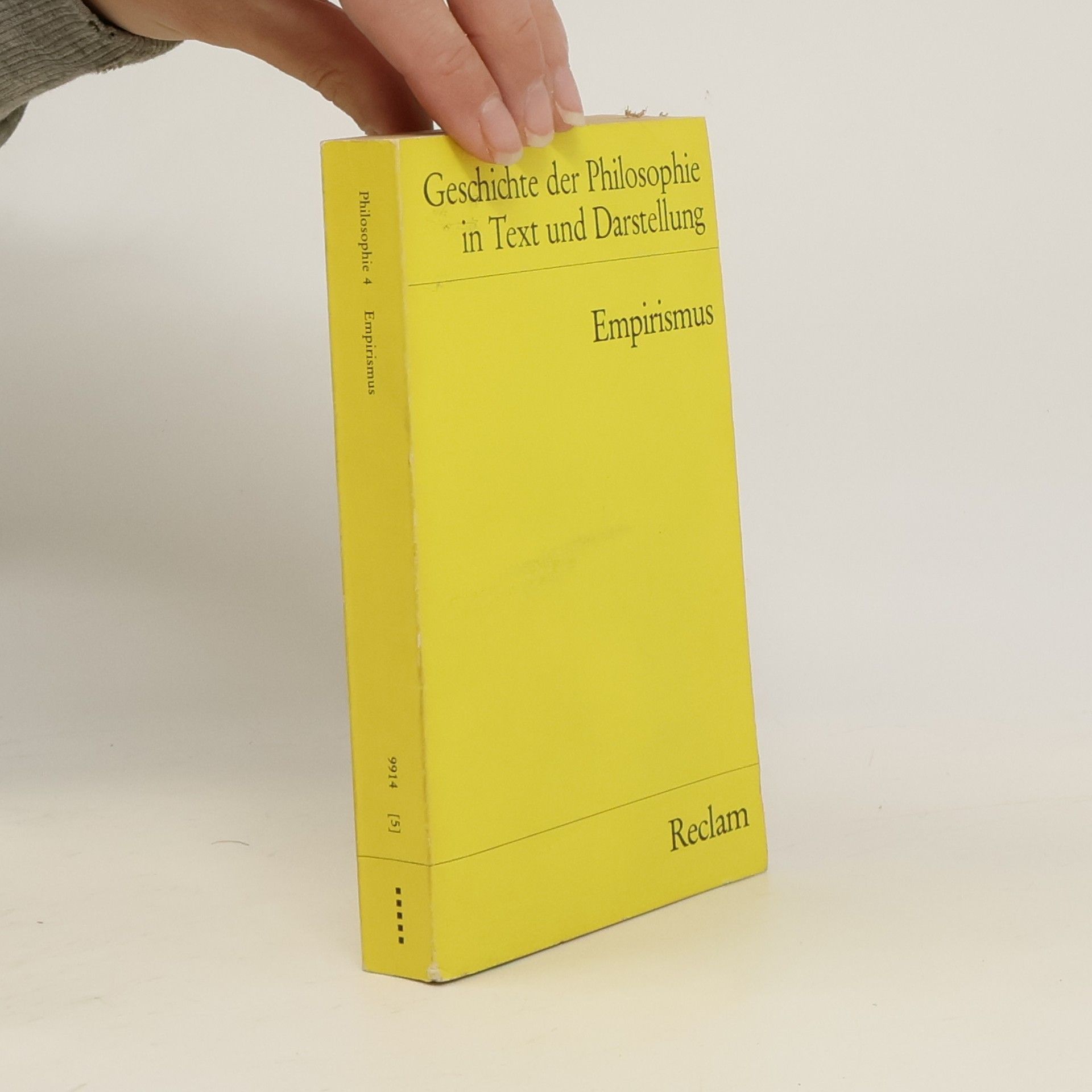Die Bände konzentrieren sich auf die europäische Tradition und lassen den konzisen Einleitungen jeweils umfangreiche Auszüge aus Originaltexten folgen, die nicht nur für die verschiedenen Epochen, sondern auch für die verschiedenen systematischen Teilgebiete der Philosophie repräsentativ sind. Nur wer sich auf Quellenlektüre einlässt, wird die komprimierten Sekundärtexte der verschiedenen Darstellungen der Geschichte der Philosophie mit Gewinn zur Hand nehmen. Das deutlich zu machen, ist nicht das kleinste Verdienst dieser Reihe. Rheinischer Merkur
Günter Gawlick Livres
